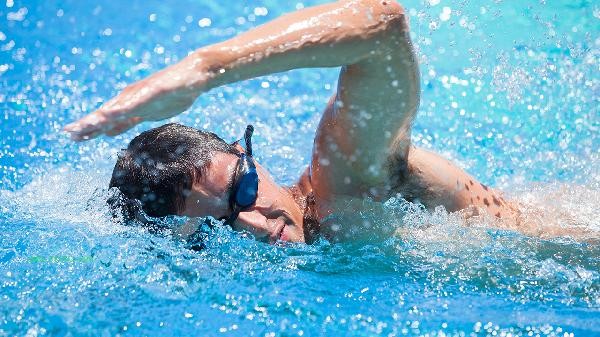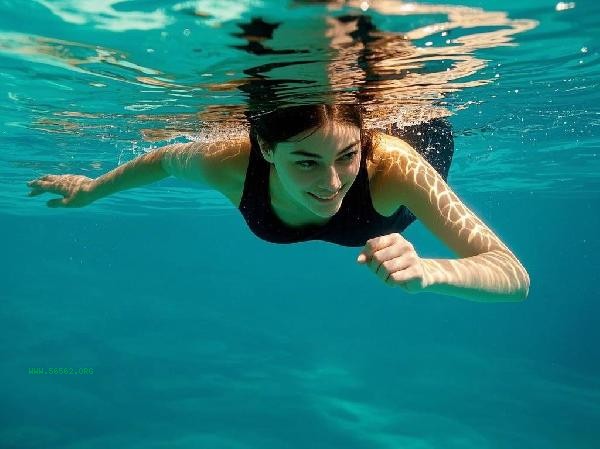It is recommended to eat in moderation before swimming at noon and replenish energy promptly after swimming. A small amount of easily digestible food can be consumed 1-2 hours before swimming, and supplementing carbohydrates and protein within 30 minutes after swimming is more beneficial for recovery. Fasting before swimming may lead to hypoglycemia or physical weakness, but overeating can also cause gastrointestinal discomfort. It is recommended to choose low glycemic index foods such as bananas and whole wheat bread, paired with a small amount of nuts or yogurt, which can provide sustained energy without increasing digestive burden. Avoid high-fat, high fiber, or spicy foods, which have a slow digestion rate and may cause stomach discomfort while swimming. After swimming, the body is in a state of energy deficit and there is slight damage to muscle fibers. Timely supplementation of nutrients can promote recovery. You can choose high-quality protein such as chicken breast and eggs paired with brown rice, or drink beverages made with whey protein powder to help repair muscle tissue.

Some people, such as diabetes patients or those with weak gastrointestinal function, need to adjust their eating strategies. Diabetes patients monitor blood sugar before swimming, and carry candy when necessary to prevent hypoglycemia; Gastrointestinal hypersensitive people should avoid eating within 1 hour before swimming, and choose warm liquid food such as oatmeal Congee after swimming. When the swimming intensity is high or the duration exceeds 1 hour, it is recommended to supplement sports drinks during swimming to maintain electrolyte balance.

Regardless of whether you choose to eat first or later, you need to adjust your diet plan according to your personal physique and exercise intensity. People who maintain regular swimming habits can record their exercise performance under different dietary arrangements and find the most suitable rhythm for their nutritional supplementation. Long term swimmers should pay attention to the intake of calcium and vitamin D in their daily diet, prevent sports related bone and joint injuries, and avoid water sports when they are extremely hungry or full.








Comments (0)
Leave a Comment
No comments yet
Be the first to share your thoughts!